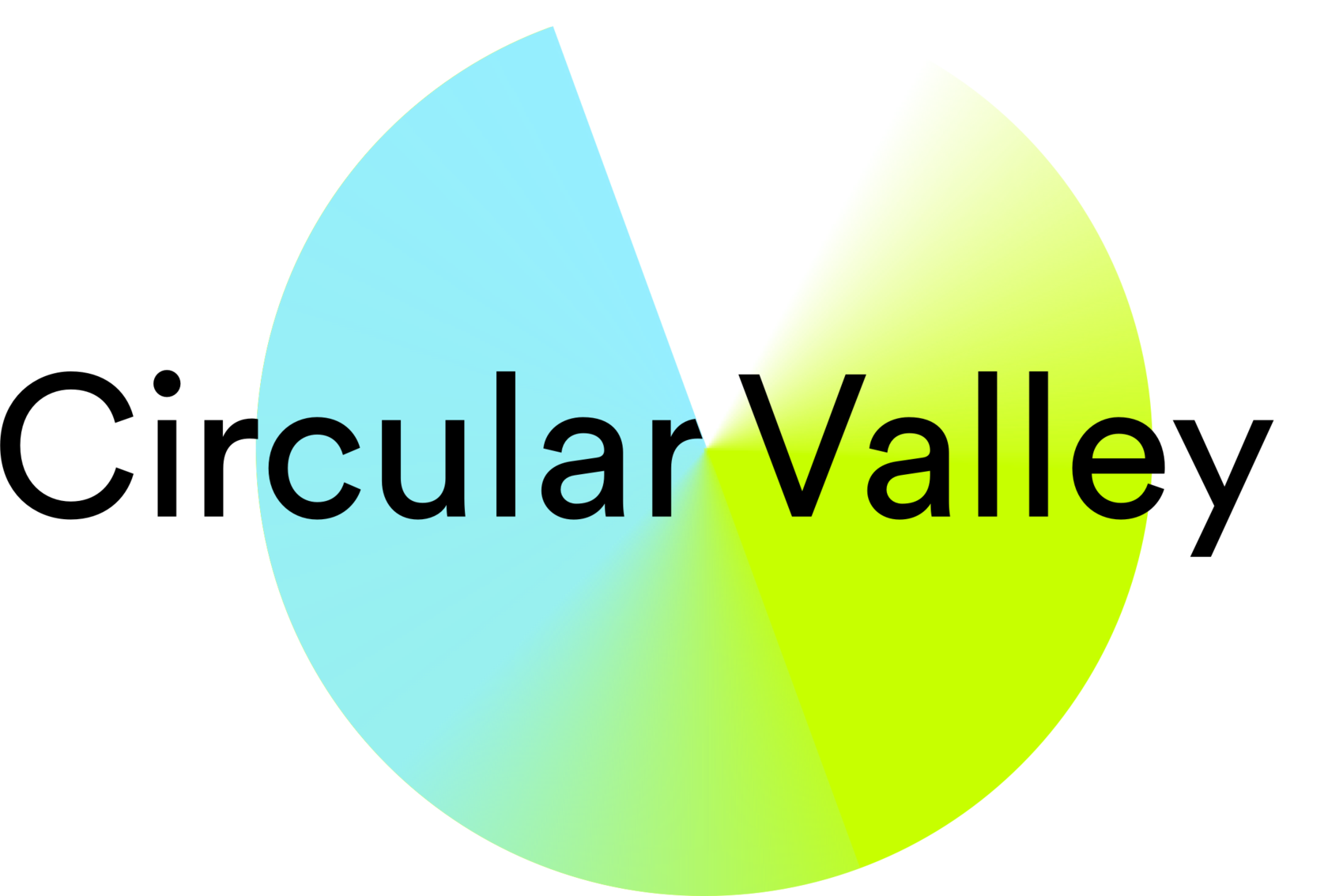
CIRCULAR
VALLEY
FORUM
November 16
2023
VALLEY
FORUM
November 16
2023
2023-11-20
Startups save water, wind turbines and construction materials
At the Circular Valley DemoDay, 14 young companies presented their ideas for a true circular economy. The ideas avoid emissions and preserve materials. The founders traveled to the Rhine-Ruhr region from all over Europe, the USA, Ecuador, Nigeria, Yemen and Singapore.
A good circular economy start-up has a threefold effect: it prevents emissions, conserves raw materials and saves money. Measured against these criteria, 14 very good start-ups participated in the Circular Valley DemoDay in the Rhine-Ruhr region. The international entrepreneurs currently supported by the initiative presented business models with which they prevent environmental pollution on a large scale, turn supposed waste into new materials and significantly reduce the typical consumption of water, wood or concrete.
~
Examples from DemoDay
In response to the severe plastic pollution of the world's oceans, many start-ups are looking for alternatives to plastic. Mi Terro from the USA has developed a bio-based plastic that can, for instance, be used as a detergent or ketchup packaging. One.five from Germany has invented new packaging for food and nutritional supplements as well as for cosmetic products.
70 percent of fresh water is consumed by the agricultural sector. Smart Watering Solutions from Serbia has developed an app to decrease this share. The startup provides precise data on when and how much water is needed. Using this data can save 15 percent of costs and 19 kilograms of CO2 per hectare.
The construction sector is responsible for a large amount of pollutant emissions, thereby creating much potential to reduce emissions. At DemoDay, Widuz from Singapore and Kohlschein Modulbau from Warburg, Germany, showed two examples of how this can be achieved. The Asian startup has developed a high-performance bamboo. The fast-growing raw material replaces wood in furniture, window frames and stairs. Kohlschein Modulbau uses recycled glass and hempcrete to create environmentally friendly building components.
The German start-up Voodin Blade Technologies solves a challenge in the field of renewable energy. Until now, wind turbines are rarely recycled when they reach the end of their end of life. The cost of recycling is so high that 78 percent of wind turbines end up in landfills. Voodin Blade has developed blades made of wood that have the same properties as conventional rotor blades, but can be recycled and therefore save 20 percent in costs. A prototype has already been developed, and larger and larger blades will be produced over the next two years.
Quadloop is tackling two widespread problems in Africa: large quantities of electronic waste and the unstable power supply. The Nigerian startup produces solar lanterns from e-waste. The solar lanterns keep electrical parts in circulation and provide a safe source of light. Quadloop already attracted a lot of attention at the World Economic Forum, among other places.
Two other Circular Valley start-ups are working in the same field: Niu Niu from Mexico has developed an AI technology that analyzes the components of electronic waste to save rare materials. And Circu Li-Ion from Luxembourg enables clean recycling and reuse of batteries.
70 percent of fresh water is consumed by the agricultural sector. Smart Watering Solutions from Serbia has developed an app to decrease this share. The startup provides precise data on when and how much water is needed. Using this data can save 15 percent of costs and 19 kilograms of CO2 per hectare.
The construction sector is responsible for a large amount of pollutant emissions, thereby creating much potential to reduce emissions. At DemoDay, Widuz from Singapore and Kohlschein Modulbau from Warburg, Germany, showed two examples of how this can be achieved. The Asian startup has developed a high-performance bamboo. The fast-growing raw material replaces wood in furniture, window frames and stairs. Kohlschein Modulbau uses recycled glass and hempcrete to create environmentally friendly building components.
The German start-up Voodin Blade Technologies solves a challenge in the field of renewable energy. Until now, wind turbines are rarely recycled when they reach the end of their end of life. The cost of recycling is so high that 78 percent of wind turbines end up in landfills. Voodin Blade has developed blades made of wood that have the same properties as conventional rotor blades, but can be recycled and therefore save 20 percent in costs. A prototype has already been developed, and larger and larger blades will be produced over the next two years.
Quadloop is tackling two widespread problems in Africa: large quantities of electronic waste and the unstable power supply. The Nigerian startup produces solar lanterns from e-waste. The solar lanterns keep electrical parts in circulation and provide a safe source of light. Quadloop already attracted a lot of attention at the World Economic Forum, among other places.
Two other Circular Valley start-ups are working in the same field: Niu Niu from Mexico has developed an AI technology that analyzes the components of electronic waste to save rare materials. And Circu Li-Ion from Luxembourg enables clean recycling and reuse of batteries.
Circular Valley and its partners support the start-ups
The current startups supported by the Circular Economy Accelerator program are selected by a jury from many hundred applications. The startups are then supported for three months to develop their business model further. Top-class coaches and mentors closely support the start-ups during this time. The Circular Valley initiative also facilitates an intensive exchange between the young and established companies.
Federal Environment Minister Steffi Lemke recently emphasized how promising this is from an economic perspective. "Environmental protection and nature conservation are increasingly becoming drivers of innovation for our economy," she said in a video message to Circular Valley. The global competition for the best ideas in technical environmental protection is now "really picking up speed".
Federal Environment Minister Steffi Lemke recently emphasized how promising this is from an economic perspective. "Environmental protection and nature conservation are increasingly becoming drivers of innovation for our economy," she said in a video message to Circular Valley. The global competition for the best ideas in technical environmental protection is now "really picking up speed".
Alumni reach milestones
The importance of Circular Valley for the future was demonstrated by several start-ups from previous funding rounds that were in the audience at DemoDay: Plastic Fischer has just collected its 1000th ton of plastic waste from rivers in India and Indonesia. The Cologne-based company found its first partner from the established economy after its presentation in Wuppertal two years ago. The Circular Valley start-up Bioweg, which has just entered into a partnership with Bayer, reached a similar milestone. The aim is to develop biodegradable seed coatings.
The startups in the current batch of the Circular Valley funding program
Sustainable building
Widuz (Singapore)
Kohlschein Modulbau (Germany)
Widuz (Singapore)
Kohlschein Modulbau (Germany)
Agriculture
Smart Watering Solutions (Serbia)
Smart Watering Solutions (Serbia)
Water
BlueActivity (Germany)
BlueActivity (Germany)
Alternative raw materials
Mi Terro (USA)
Ourobio (USA)
Bio Treasure (Yemen)
Voodin Blade (Germany)
Mi Terro (USA)
Ourobio (USA)
Bio Treasure (Yemen)
Voodin Blade (Germany)
Recycling
Circu Li-ion (Luxembourg)
NIU NIU (Mexico)
QuadLoop (Nigeria)
Microwave Solutions (Switzerland)
Vertmonde (Ecuador)
Circu Li-ion (Luxembourg)
NIU NIU (Mexico)
QuadLoop (Nigeria)
Microwave Solutions (Switzerland)
Vertmonde (Ecuador)
Plastics
one.five (Germany)
one.five (Germany)
Background information
If you would like to conduct an interview with one of the start-ups, please contact us at press@circular-valley.org. We will be happy to arrange the interview.
The images can be used free of charge for reporting on DemoDay.
Source: Jan Turek / Circular Valley
The images can be used free of charge for reporting on DemoDay.
Source: Jan Turek / Circular Valley
~


